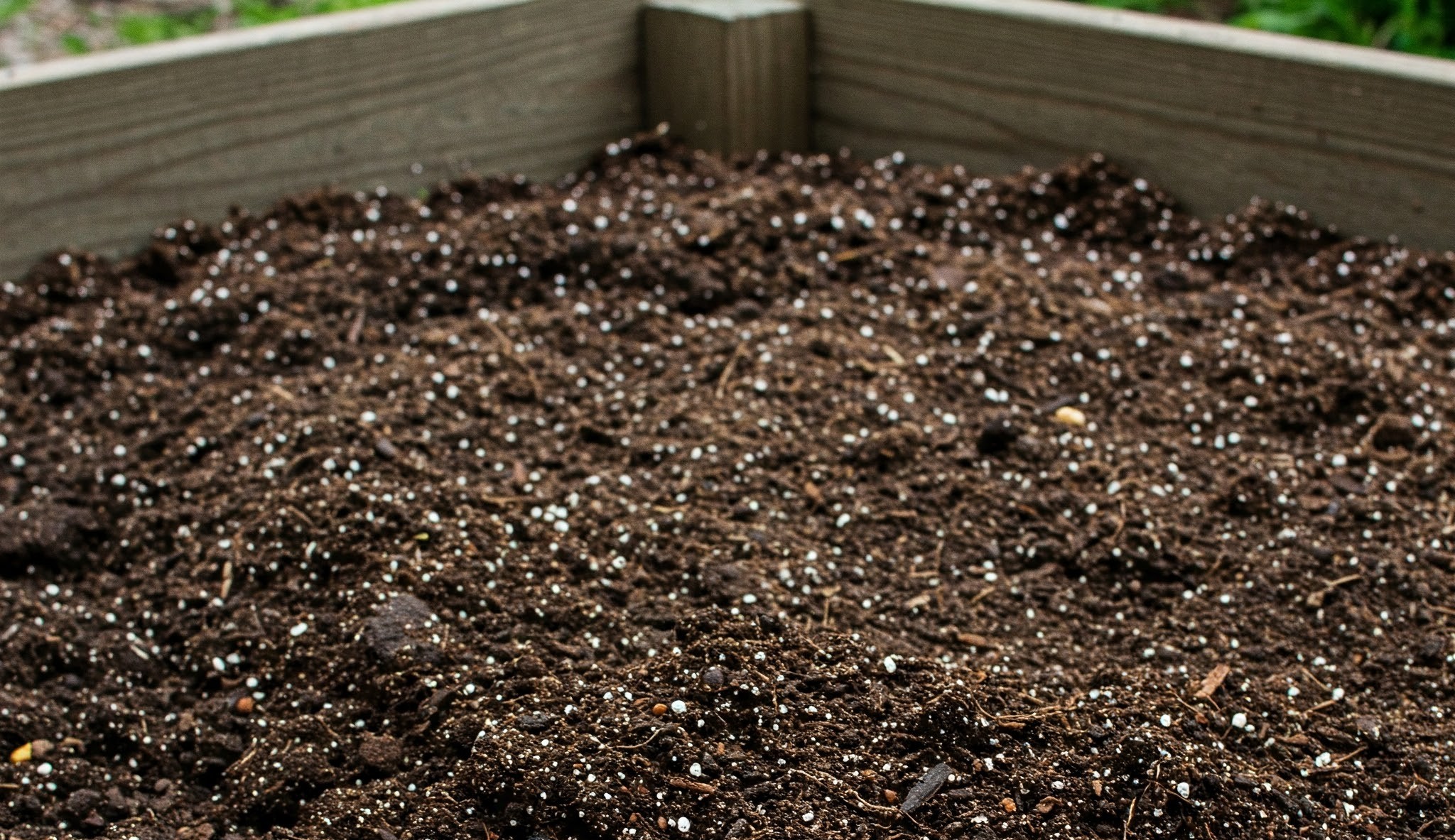Choosing the Right Leaf Blower: Expert Guide to Power, Efficiency, and Long-Term Use
Although cleaning fallen leaves can be tedious, a leaf blower simplifies the task with its efficiency and speed. This powerful device saves countless hours of manual labor by clearing leaves and debris from lawns and driveways effortlessly. But have you ever wondered how a leaf blower works?
Let’s dive into the mechanics, features, and buying tips to ensure you choose the right one for your needs.
Key Takeaways:
- Understand the primary function of a leaf blower.
- Learn the mechanics behind how a leaf blower works.
- Explore the benefits of electric leaf blowers.
- Find out how to choose a powerful leaf blower.
- Avoid common mistakes when using a leaf blower.
- Leaf blowers work by generating a high-speed airflow to move leaves and debris efficiently.
- Electric and gas-powered models have distinct advantages and disadvantages.
- Key metrics like wattage, MPH (miles per hour), and CFM (cubic feet per minute) determine a blower’s power and performance.
- Proper usage and maintenance ensure long-lasting functionality.
What is a Leaf Blower?
A leaf blower is a versatile gardening tool designed to clear leaves, grass clippings, and debris from lawns, driveways, and patios. It is typically powered by a gasoline engine or an electric motor.
The Function of a Leaf Blower
The primary function of a leaf blower is to simplify outdoor cleaning tasks. Instead of raking leaves manually, which can be time-consuming and labor-intensive, a leaf blower lets you:
- Clear large areas quickly.
- Remove debris from hard-to-reach spots.
- Keep your garden or driveway tidy with minimal effort.
Types of Leaf Blowers:
- Gas-Powered Leaf Blowers: Known for their power and mobility.
- Battery-Powered Blowers: Combine the mobility of gas-powered with the eco-friendliness of electric blowers.
- Cordless Leaf Blowers: Quieter and more environmentally friendly.
Table: Comparison of Leaf Blower Types
| Type | Power Source | Noise Level | Mobility | Maintenance | Ideal For |
|---|---|---|---|---|---|
| Gas-Powered | Gasoline | High | High | Requires regular | Large areas, heavy-duty tasks |
| Battery-Powered | Rechargeable battery | Low | Limited by cord | Low | Portable and lightweight tasks |
| Cordless Electric | Plug-in power | Low | High | Low | Small to medium yards |
How Does a Leaf Blower Work?

A leaf blower works by using a motor to spin a fan at high speeds. This fan creates a strong stream of air that is directed out of a nozzle. The high-speed airflow is what moves the leaves and debris.
Although leaf blowers come in various designs, they all function on the same principle: air propulsion. Here’s a breakdown:
- Air Intake: The motor or engine pulls in air through an intake vent.
- Compression: The fan blades compress the air, increasing its velocity.
- Air Expulsion: The high-speed air is expelled through a nozzle, creating the force needed to move debris.
How to Choose a Leaf Blower
Selecting the right leaf blower involves evaluating several factors:
- Wattage: For electric models, look for at least 1500 watts for effective performance.
- MPH and CFM: A good balance is 190 MPH and 400 CFM for most residential tasks.
- Weight and Ergonomics: Choose a model that is easy to handle for extended use.
- Budget: Quality leaf blowers range from $50 to $300. Determine your needs before investing.
How Do You Know if a Leaf Blower is Powerful?
The power of a leaf blower is determined by its airspeed (measured in miles per hour or MPH) and air volume (measured in cubic feet per minute or CFM). A higher CFM means the blower can move more leaves, while a higher MPH indicates how fast the air is moving.
Choosing a Leaf Blower:
- Consider the size of your yard.
- Assess the type of debris you need to clear.
- Evaluate the power source options.
Important Specifications:
- Wattage: Indicates the power consumption of electric blowers.
- MPH: Higher values mean faster airspeed.
- CFM: Higher values mean greater air volume.
What Should You Not Do with a Leaf Blower?
Using a leaf blower incorrectly can lead to safety risks or damage.
- Avoid using a leaf blower in residential areas during early morning or late evening to minimize noise disruption.
- Do not use a leaf blower to move large rocks or heavy debris, as it can damage the tool.
- Avoid pointing the nozzle at people or pets and
- Running the blower in enclosed spaces without proper ventilation.
What are the disadvantages of a leaf blower?
- Noise pollution.
- Limited battery life for cordless models.
- Higher maintenance for gas-powered versions.
Conclusion:
To wrap things up, a leaf blower is an invaluable tool for maintaining a clean and tidy outdoor space. By understanding how it works and what features to consider, you can make an informed purchase that suits your needs.
FAQ:
Q: Are Electric Leaf Blowers Any Good? A: Yes, electric leaf blowers are a great choice for many homeowners, ideal for smaller yards and quick cleanup jobs. They are:
- Eco-friendly: Produces no emissions.
- Lightweight: Easy to carry and maneuver.
- Quiet: Operate at a lower noise level compared to gas models.
However, they may lack the power needed for heavy-duty tasks, making gas-powered options better for larger areas.
Q: How much should I spend on a leaf blower? A: The price of a leaf blower can vary depending on the type and features. A good quality model can range from $50 to $300. Budget-friendly options start at $50, but for higher power and durability, expect to spend around $150 to $300.
Q: How do you determine a good leaf blower? A: A good leaf blower balances power (MPH and CFM), ease of use, and affordability. Look for high CFM and MPH ratings, consider the power source, and always read reviews and compare features before purchasing.
Q: Are 4-stroke leaf blowers better? A: Yes, 4-stroke models are more fuel-efficient, quieter, and produce fewer emissions compared to 2-stroke models, but they may be heavier and more expensive.
Q: What are the disadvantages of a leaf blower? A: Some disadvantages include noise pollution, potential air pollution from gas models, and the need for maintenance.
Recommended Products on Amazon:
Considering these insights, you can make an informed decision when choosing a leaf blower that suits your needs.

I’m John Doe, a Certified Master Gardener with over 20 years of hands-on experience in cultivating healthy and vibrant gardens. My expertise spans organic gardening, soil science, and sustainable pest control. I’ve worked extensively with community gardens and have a deep passion for sharing my knowledge to help others succeed in their gardening endeavors.







